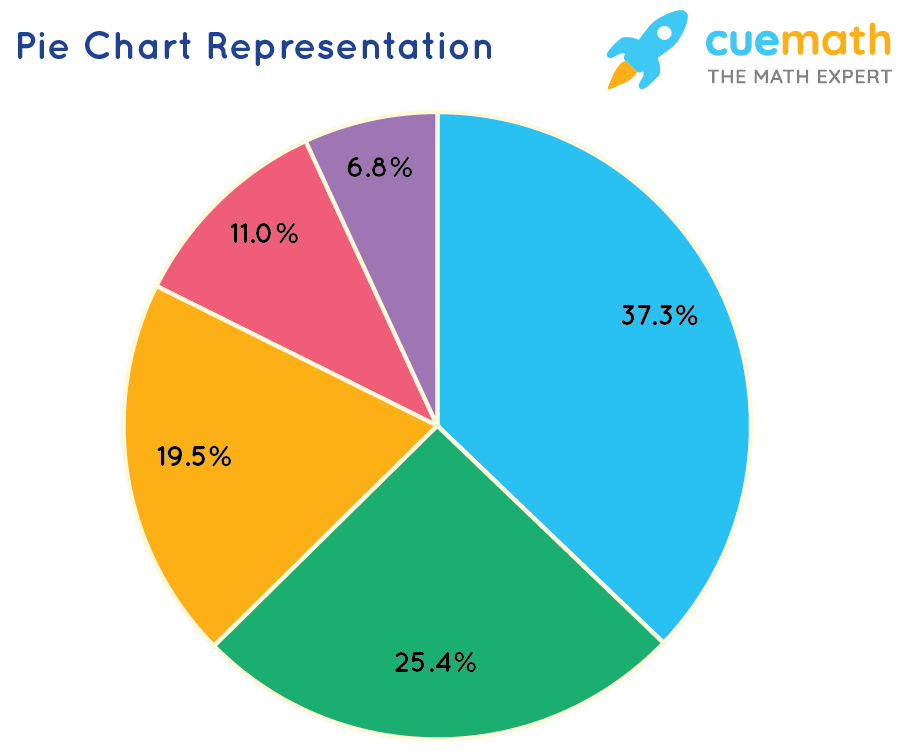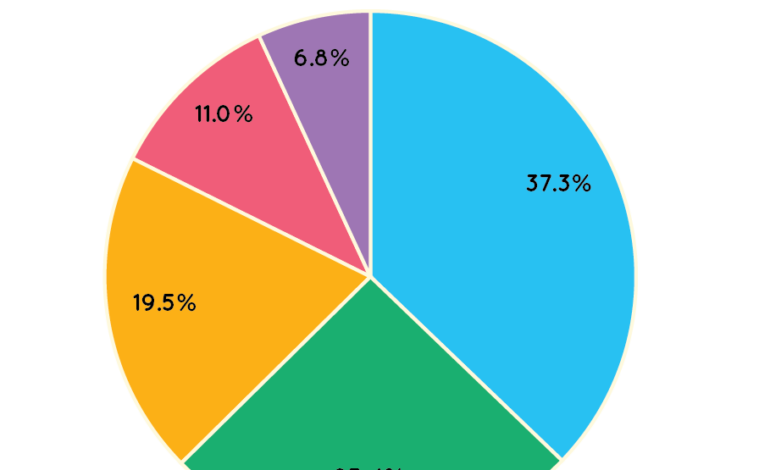Struggling with balancing school responsibilities, part-time jobs, and family duties? As a student, you’re probably juggling multiple challenges that make it hard to focus on your studies. However, with the right techniques, you can improve your academic performance and achieve better results. In this blog post, we’ll explore effective study techniques for students, common mistakes to avoid, and practical tips to help you succeed.
Understand Your Study Techniques
Effective study techniques are not just a luxury; they’re an essential part of academic success. Start by understanding what works best for you. Are you a visual learner? Do you learn better through hands-on activities or auditory methods? Identifying your learning style can help you tailor your study approach to suit your needs.
Time Management
Time management is crucial for balancing studies with other commitments. Here are some effective techniques:
- Create a detailed schedule: Allocate specific time slots for each subject and task, ensuring you cover all responsibilities.
Bonus Tip: Use digital tools like calendars or to-do lists to keep track of your schedule. - Prioritize tasks based on deadlines and importance. Focus on high-priority tasks first before moving on to less urgent ones.
Bonus Tip: Avoid multi-tasking; dedicate focused time slots for each task. - Avoid procrastination by setting achievable goals for each study session.
Bonus Tip: Reward yourself after completing a task to stay motivated.
Effective Note-Taking
Good note-taking helps you retain information and understand complex topics better. Here are some techniques that can enhance your note-taking skills:
- Active listening: Engage fully in lectures by taking notes while actively listening to the teacher’s explanations.
Bonus Tip: Use shorthand or symbols to simplify writing down detailed information without losing clarity. - Summarize key points after each class session. This helps reinforce what you’ve learned and makes reviewing easier.
Bonus Tip: Try mind mapping for subjects that require visual connections between concepts. - Review your notes regularly to identify areas where you need more understanding or clarification.
Bonus Tip: Don’t wait until the night before exams; review material consistently throughout the week.
Study in Short Sessions
Studies show that breaking down study sessions into shorter, focused periods can improve retention and reduce fatigue. Here’s how to implement this technique effectively:

- Set a timer for 25 minutes and work on your task during this period.
Bonus Tip: After every 25-minute session, take a short break (5-10 minutes) to refresh your mind. - Change subjects or tasks periodically to maintain engagement. For example, study for 25 minutes, then switch to another subject for the next 25 minutes.
Bonus Tip: This method helps prevent mental fatigue and keeps you motivated.
Use of Technology
Leveraging technology can make studying more efficient and enjoyable. Here are some tools that can help you enhance your study routine:
- Educational apps: Use apps like Anki for flashcards, orGrammarly to check your writing.
Bonus Tip: Invest in a good highlighter app on your phone for quick reference during study sessions. - Online resources: Utilize free educational websites and online courses to supplement your learning materials.
Bonus Tip: Take advantage of free practice tests and quizzes available online to assess your progress.
Overcome Common Study Mistakes
Despite best efforts, some students struggle with academic success. Here are common mistakes to watch out for:
- Sporadic studying: Avoid cramming; it’s counterproductive and leads to poor retention.
Bonus Tip: Focus on regular study sessions rather than last-minute preparation. - Skipping class: Missing classes can lead to missed information, which you’ll have to catch up on later, causing more stress.
Bonus Tip: If you miss a class, ask a classmate for notes and review them promptly. - Overlooking assignments: Completing tasks as they’re assigned helps prevent overwhelming yourself with multiple responsibilities at once.
Bonus Tip: Create a checklist to track completed tasks and reduce stress levels.
Final Tips for Success
Staying focused and motivated is key to achieving academic success. Here are some final tips to help you succeed:
- Set clear goals: Define what you want to achieve in your studies, whether it’s improving grades or preparing for exams.
Bonus Tip: Break long-term goals into smaller, manageable steps and track your progress. - Maintain a positive attitude: Stay motivated by reminding yourself of the benefits of hard work and dedication.
Bonus Tip: Reward yourself after achieving small milestones to stay on track. - Seek help when needed: Don’t hesitate to ask teachers, classmates, or professionals for assistance if you’re struggling with a topic.
Bonus Tip: Join study groups or online forums where you can discuss and clarify concepts with others.
By implementing these study techniques, time management strategies, and avoiding common mistakes, you can enhance your academic performance. Remember, consistency is key to achieving your goals. Stay focused, set achievable goals, and work towards your success!




